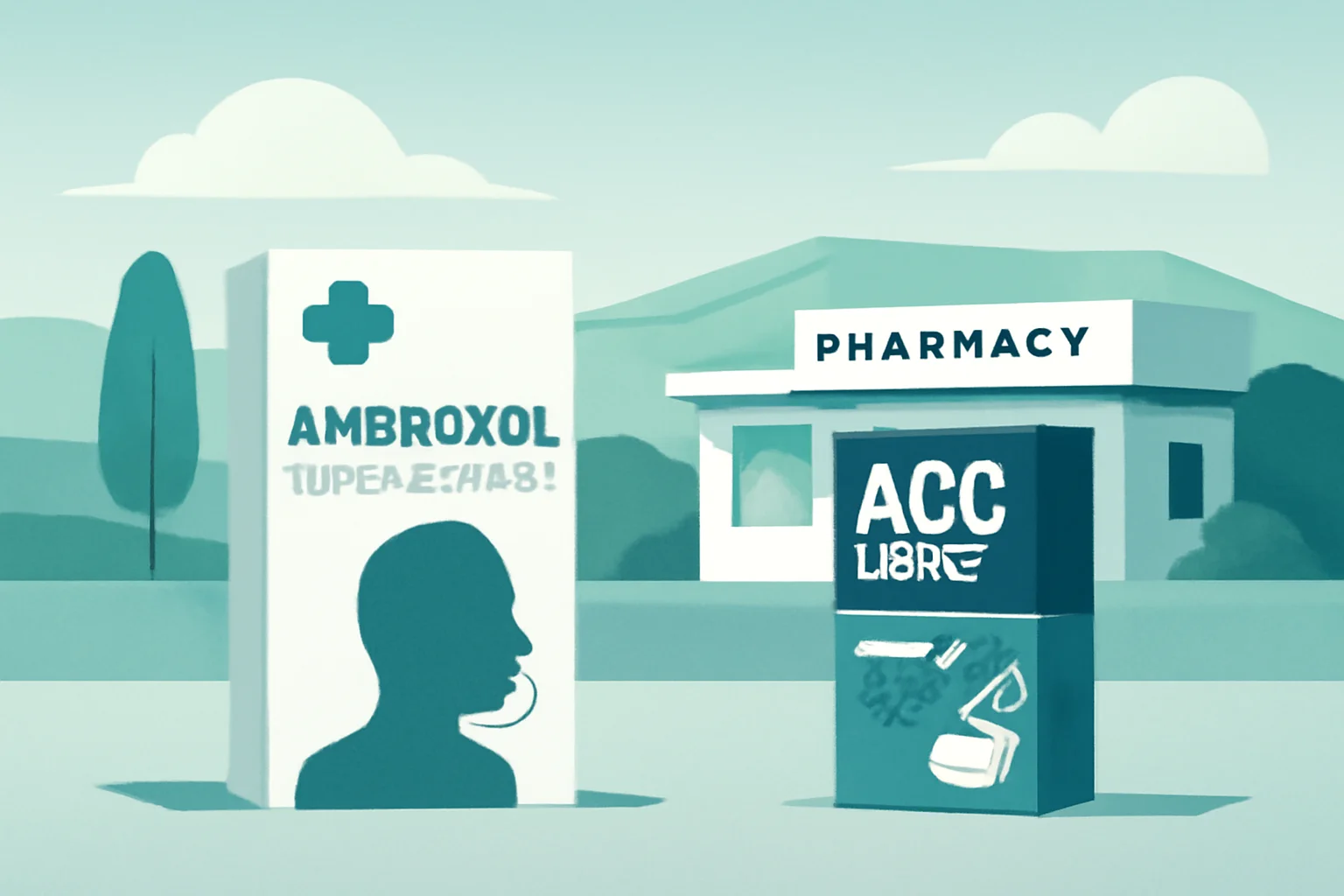
Effective Tips for Treating Colds and Coughs at Home
A cold season brings with it various respiratory complaints, primarily centered around colds and coughs. These symptoms often intertwine, making it difficult to distinguish between them in many cases. The common cold, caused by viruses, typically involves inflammation of the nasal mucosa, while coughing, which serves as a protective reflex of the airways, can arise from numerous causes. Many people experience cold symptoms such as sore throat, nasal congestion, and cough, which can impact their daily quality of life.
These unpleasant conditions particularly spread during the winter months when the presence of viruses is more common in air-conditioned and enclosed spaces. Colds and coughs affect not only adults but also children, and parents often feel frustrated when trying to manage their children’s symptoms. It is worth understanding that many similar underlying causes can lead to colds and coughs, but there are also important differences to consider regarding treatment and prevention.
In this article, we will explore the connections between colds and coughs, as well as the key information that can help in managing and preventing symptoms.
What is a cold?
A cold is a viral infection that primarily affects the nasal mucosa. Several viruses can cause a cold, with the rhinovirus being the most common. The symptoms of a cold are usually mild but can be extremely bothersome. The most prevalent symptoms include nasal congestion, sneezing, sore throat, cough, and fatigue.
Colds are most commonly transmitted through droplet infection, meaning that if someone sneezes or coughs near us, pathogens can easily pass to us. Therefore, it is especially important to adhere to proper hygiene practices: frequent handwashing, avoiding direct contact, and using face masks in enclosed spaces. The incubation period for a cold is typically 1-3 days, which means that the virus can be contagious even before symptoms appear.
A cold generally resolves on its own within a few days, but there are several home remedies available to alleviate symptoms. These include warm drinks, saline nasal rinses, as well as rest and proper hydration. It is important to note that a cold does not require antibiotic treatment, as antibiotics are effective against bacteria, while colds are caused by viruses.
If symptoms persist for an extended period or worsen, it is advisable to seek medical assistance, as this may indicate a bacterial infection that requires different treatment.
Types and causes of cough
Coughing is a natural reflex that serves to protect the airways. During a cough, irritants in the airways, such as mucus or dust, are expelled. Coughing can be acute, lasting for a short time, or chronic, persisting for several weeks. The causes of cough encompass a wide spectrum, ranging from colds to respiratory allergies to more serious illnesses.
The most common form of cough is a dry cough, which does not produce mucus and often causes irritation or dryness in the throat. This type of cough can be triggered by a cold, respiratory allergies, or even air pollution. In contrast, a wet cough produces mucus and is most often associated with respiratory infections, such as bronchitis.
The method of treating a cough depends on its underlying cause. If the cough is caused by a cold or viral infection, herbal teas, honey, and inhaling hot steam can be helpful. For coughs of allergic origin, antihistamines may be necessary. Chronic coughs lasting more than eight weeks require medical examination to identify the underlying cause.
It is important not to suppress a cough if it serves the purpose of clearing the airways. Coughing is a natural defense mechanism that helps maintain airway cleanliness.
How to prevent colds and coughs?
To prevent colds and coughs, several simple steps can be taken. One of the most important is regular handwashing, especially after being in public places. Additionally, adhering to hygiene practices, such as using the elbow to cover sneezes and coughs, can also help reduce the spread of viruses.
Proper nutrition and consuming foods rich in vitamins can strengthen the immune system. Vitamins C, D, and zinc can be particularly important in preventing colds. Regular exercise and adequate sleep can also contribute to enhancing the body’s defenses.
During the cold months, it is advisable to avoid crowded places and, if possible, to avoid direct contact with sick individuals. When using air conditioning and heating systems, ensure proper ventilation in the room, as dry air can irritate the airways.
If cold symptoms have already appeared, it is crucial to rest, stay hydrated, and avoid stressful situations. Using appropriate home remedies, such as steaming or honey tea, can also aid recovery.
When to seek medical attention
Although colds and coughs generally resolve on their own, there are certain situations where medical assistance is needed. If symptoms worsen, or if fever, difficulty breathing, persistent pain, or bleeding occurs, it is essential to consult a doctor immediately. Additionally, if a cough lasts more than eight weeks or appears suddenly, it is important to undergo examination.
Both adults and children should be monitored for cold and cough symptoms, as children’s immune systems are still developing and may be more sensitive to viruses. Coughing can be particularly dangerous if it occurs alongside asthma or other respiratory diseases.
In summary, to prevent and treat colds and coughs, it is important to maintain proper hygiene habits, follow a nutritious diet, and ensure adequate rest. Always pay attention to symptoms, and seek medical assistance if necessary.
**Warning:** This article does not constitute medical advice, and individuals should always seek their doctor’s guidance in case of health issues.

